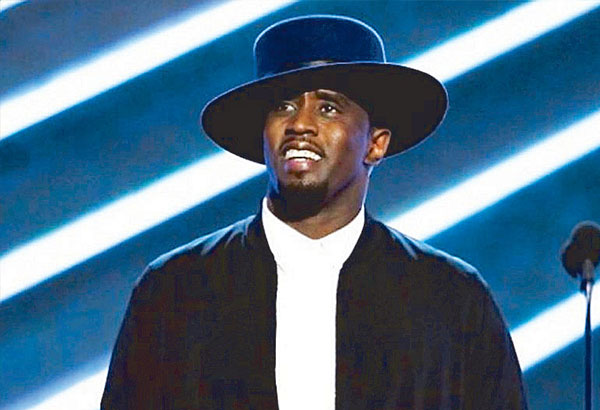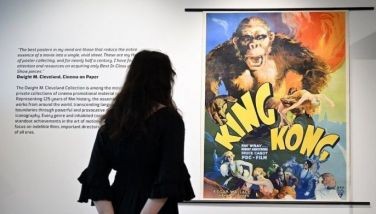Squid Game is ‘winning’ among Pinoy viewers
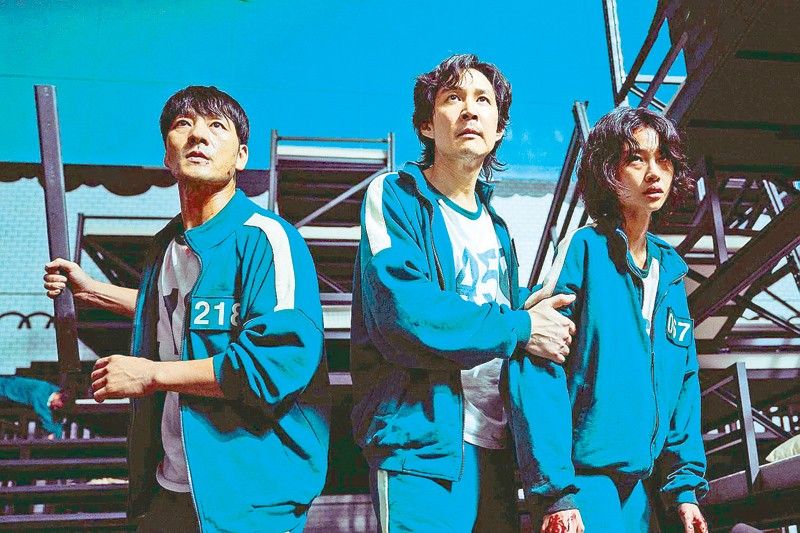
MANILA, Philippines — It’s been said life is like a game, there are “winners” and there are “losers”. In Squid Game, those from the latter category are offered the chance to change the course of their fortunes by playing popular games of their childhood. The victor stands to win 45.6 billion Korean won (or almost two billion in Philippine peso). But here’s the catch: Survival at each and every game is also a matter of life and death.
The show is currently “winning” on Netflix Philippines, sitting at No. 1 of the Top 10 list of most-watched titles, as of writing. It also trended right after its Sept. 17 premiere on the international streaming platform.
The creator, director and writer Hwang Dong-hyuk started developing the story idea about desperate players competing for a prize despite the deadly stakes in 2008, right after he made his directorial debut in My Father in 2007. It took him more than a decade to make it happen because there were no takers at that time. He, however, believes the timing now is just perfect.
When Hwang Dong-hyuk conceptualized the show, he actually thought that he could participate in such games in Squid Game.
“When I wrote it, I thought I could play it because I was in debt at the time. I thought to myself that I wish there was a chance like this,” he said through an interpreter during a virtual presscon.
Squid Game has inevitably drawn comparisons from netizens to Hunger Games and Alice in Borderland because of the survival-game themes. But asked what makes his show stand apart from the others, Hwang Dong-hyuk said: “The essence of survival games is the level of entertainment that is seen through and seeing how the participants struggle to win these games. Looking at differentiating factors, I would say the simplicity of the rules. There’s not a lot of time or energy spent understanding the rules; it’s very simple.
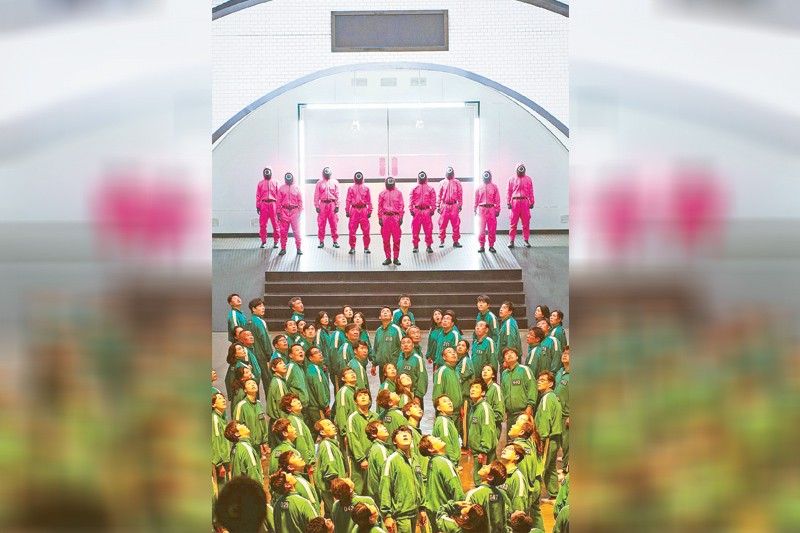
“Rather than the game itself, Squid Game focuses on how (the players) act and how they respond. Usually, we look at the winners in survival games but in Squid Game, we look at the losers. Without losers, there are no winners.”
Another standout aspect of the series is the visuals. It evokes nostalgic feels, especially for those who grew up during the pre-videogames era when neighborhood games were the major form of entertainment for children. “Everything was set up to reflect what children experienced in the ‘70s and ‘80s. We took some music from those days and classic music that was popular back then were brought into the show,” the director further explained.
Because he wanted to use minimal computer graphics and have the participants interact with a realistic set, he said the production had to make large-scale sets. “I wanted something large and formidable but also familiar and reminiscent of childhood. The colors and the objects set in there were selected so it could be a place suitable for children.”
As a filmmaker, Hwang Dong-hyuk is known in South Korea for socially-conscious works such as My Father about Korean foreign adoption; and The Crucible, a box-office hit that helped reopen the case that inspired the film and led to a revised law on sex crimes against minors and disabled. He also helmed the fantasy-comedy Miss Granny, which also spawned a Filipino adaptation. His last directorial work was the period film The Fortress, which was both a commercial and critical success.
The STAR had a brief one-on-one with director Hwang Dong-hyuk, where he also talked about the deeper meanings and real-life issues that he’s trying to expose in his now-streaming series Squid Game.
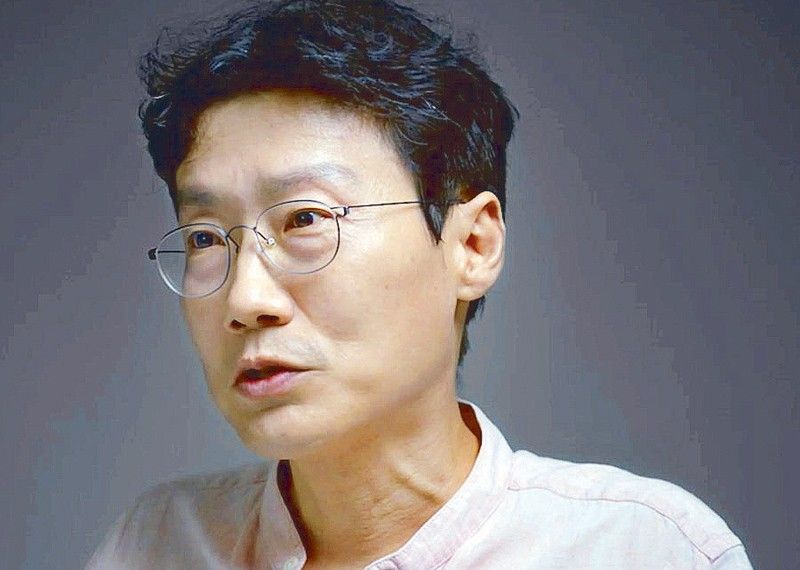
On when and where it all started:
“It was in 2008 when I first started conceptualizing and creating some ideas around the series, and back then. I was frequenting comic book stores and reading a lot of comic books and among those I read were some comic books that depicted economically desperate people going to take part in the survival game and reading it, I was imagining what it would be like if this happens in Korea and what can be done, what kind of game.
“So, I thought maybe I should not go for the complex games, but we’ll choose childhood games that these economically desperate people used to play as children, when they were naive and innocent, and they will be playing them again in very extreme and drastic settings. I imagined things around that and I thought it would be a lot more entertaining to see these childhood games used for a life and death situation.”
On why Squid Game as directorial comeback after The Fortress:
“After The Fortress, between that four-year time frame, I had some rest at the same time of course and then I also produced a Korean movie called Collectors (starring Lee Je-hoon). And then Squid Game is a series that took a lot of preparation. We took time to prepare for this series. That’s why it took about four years for me to come back after The Fortress. And the reason why I chose Squid Game as a comeback title, well, this is a title in fact that I tried to produce in 2009 but failed because I wasn’t able to get enough funding, etc.
“But then in 10 years’ time, sadly, I thought that this world is in fact in a situation where the title like Squid Game is all the more meaningful, and it is the kind of situation where it’ll be appreciated a lot more. That is why it’s now, you know, the right timing for this kind of show to be launched. And it’s even more meaningful and more realistic to be launched in this time and age.”
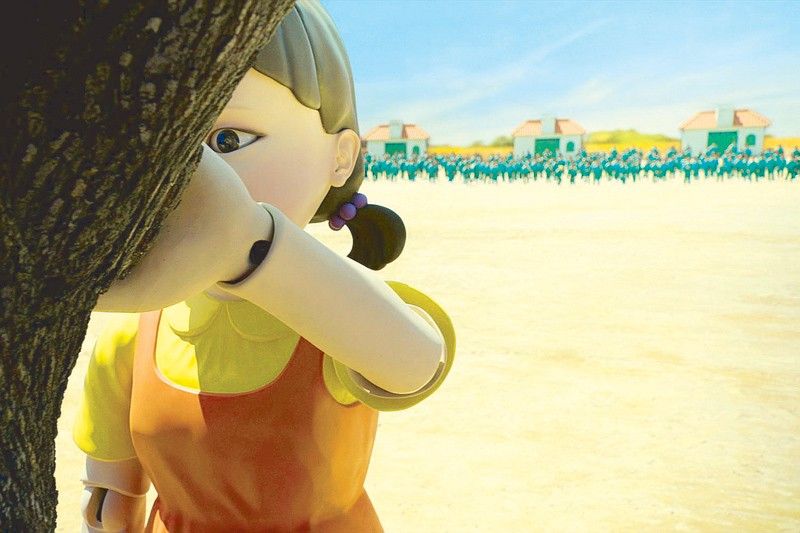
On the social issues he wants to expose in the series:
“So, COVID-19 is one thing. But then we are seeing increasing polarization in the modern society and as the capitalism gets intense, we see more and more poor people. Many people are pushed to infinite competition and they’re pushed to the edge of life. So through this title Squid Game, I wanted to ask a question: How did we come to this point of severe competition and severe polarization? Who created the situation and what is the cause behind it?
“And we usually think of the winners only when we think about these kinds of games and we admire and then maybe remember them. But we have to think of the losers as well, who actually served as a foundation for players to become the winners. And without remembering them and without thinking about those losers, I thought that this society cannot be sustained. The vulnerable and these losers should be remembered. Out of this idea, I started to develop Squid Game.”
(Squid Game stars Lee Jung-jae, Park Hae-soo, Oh Young-soo, Wi Ha-Jun, Jung Ho-yeon, Heo Sung-tae, Anupam, Kim Joo-ryoung, et al.)
- Latest
- Trending



















